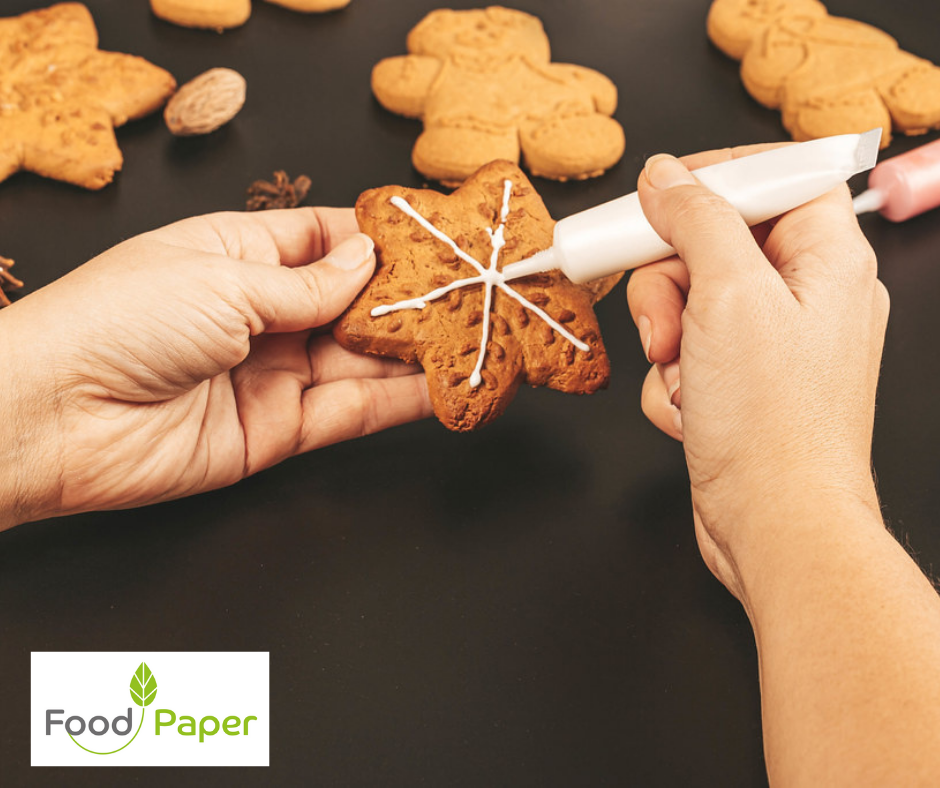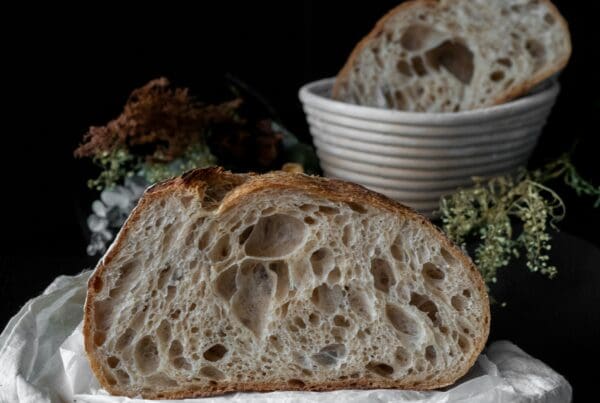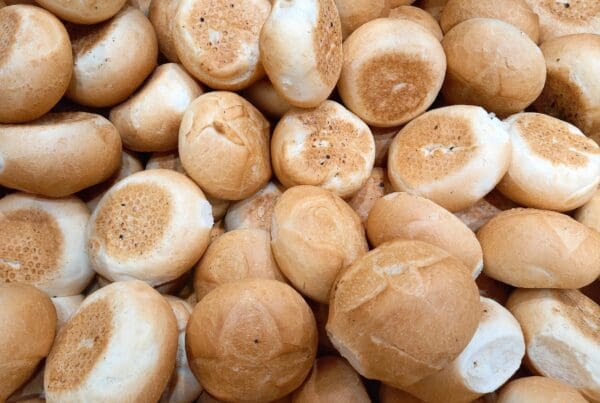Baking is a favorite activity in family homes. With parents enjoying watching their young children splash around with messy batter and grandparents teaching the next generation how to bake from scratch. It’s even on our television screens, with popular programmes dedicated to watching participants try their hand at biscuits, bread, cakes, and more.
But the truth is, baking in Britain has a relatively short history. Domestic baking has only really been around for the last 150 years or so.
The rich had long had access to cakes, breads and pies, but working classes rarely saw such luxuries. Throughout the 16th and 17th centuries, cakes were generally stodgy yeast-or-ale-based creations containing expensive spices like saffron, brought to the UK through increasing globalisation and trade as the British Empire began to grow. For most ordinary Brits, however, baking generally referred to the mass production of bread in commercial bakeries. The production and consumption of bread were integral to daily life, but the conditions in a bakery were dismal. Baking was hot, heavy work, and in Victorian London, few bakers lived past the age of 42.
But by the mid-19th Century, advancements including the introduction of baking powder, availability of sugar, and invention of the range oven meant that home baking really took off for the first time. This was the age of Mrs. Beeton, the birth of the classic Victoria sponge, and the beginning of a British baking obsession. Whisks, eggbeaters, and rolling pins became commonplace in British kitchens, and new recipes began to be developed. Cakes often had high alcohol or fruit content in order to increase longevity, while also containing spices such as cinnamon, ginger, and nutmeg. Pasties and pies also became popular amongst the working classes as ‘fast-food’: for example, the classic Cornish pasty was enjoyed by Cornish tin miners looking for a portable, convenient lunch.
By the Second World War, baking had grown into a major feature of British life, with each family boasting its own range of traditional and regional concoctions. The outbreak of war in 1939 had a dramatic effect on not only the ingredients available due to rationing, but also the amount of time housewives had to spend on domestic activities, due to the vast numbers of women entering work for the first time. Yet despite wartime rationing, baking remained incredibly popular. It was an act of defiance to adapt recipes to include less butter and eggs and continue making delicious, morale-boosting treats in the face of adversity, and it has grown into the baking myth that permeates British culture to this day.
More information about Linwood Raker can be found at www.linwoodraker.co.uk
Want to try Food Paper? Request your trial here




